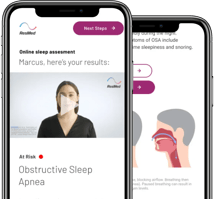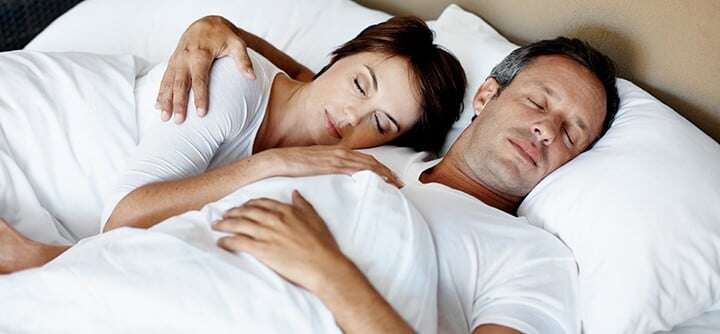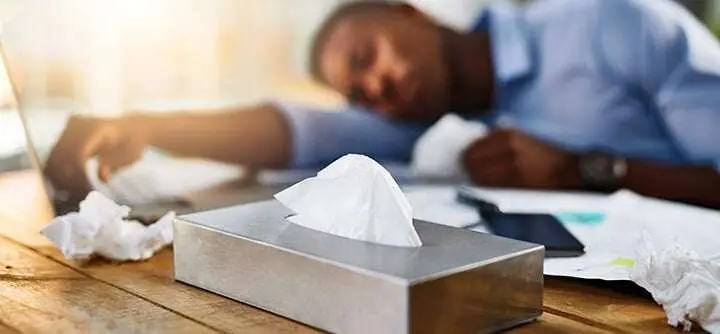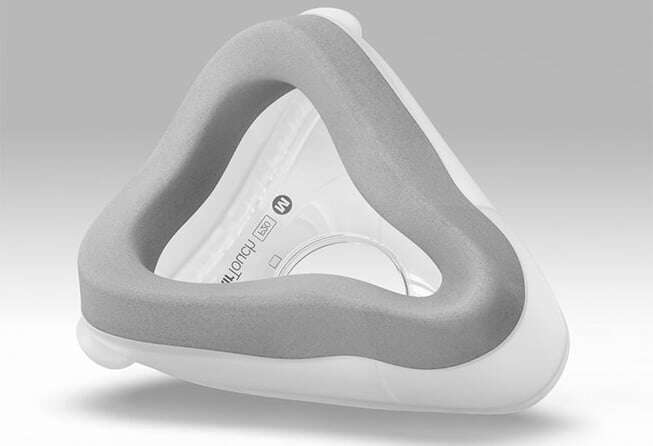Did you ever think that serious sleep conditions like sleep apnea only happened to older males who were overweight?
While age and physical condition may increase the likelihood of snoring or something more serious such as sleep apnea, a mature, overindulged male is a stereotypical picture of a sleep apnea suffer but this doesn’t necessarily represent all people who have the condition.
While it’s a popular misconception, sleep apnea isn’t discriminatory – it affects women as well as men.
In fact, as a general rule of thumb, for every two or three men diagnosed with the common sleep disorder, there’s also a woman who has the condition too[1].
So if your partner complains that your snoring sounds as loud as the All Blacks performing the Haka, perhaps it’s time to know what symptoms to be on the lookout for as many women mistakenly believe that sleep apnea will never affect them.
That’s why it’s imperative that women who think they might have sleep apnea should make sure they’re aware of all the possible signs of the sleep condition.
The burning question is: Why are so many women suffering from sleep apnea without even realising it?
Do I have sleep apnea?
Typically, sleep apnea symptoms are often different and subtler in women than they are in men.
Knowing these differences can prove to be the difference between seeking help and improving your health faster, or ignoring the problem altogether because you’ve missed the discreet warning signs.
Women are encouraged to discuss the topic with a healthcare professional. Keep in mind that if you decide to see a physician, they may also have the common misconception that sleep apnea is only likely to affect men.
One way you can ensure that any symptoms you may have is identified and investigated, is to have a thorough knowledge of what they are and how they may present in women.
What are the subtle symptoms of sleep apnea in women?
- Loud and frequent snoring
- Morning headaches
- Memory loss or learning problems
- Waking up with a dry mouth or sore throat
- Insomnia due to difficulty staying asleep
- Moodiness, irritability or depression.

If these are the symptoms, why are women often less diagnosed with sleep apnea in comparison to men?
There are a number of factors. For starters, women are less likely to report chronic snoring – perhaps they’re not aware of their noisy nighttime ritual, or it could be because they think it’s most likely to occur to men, which might cause them to feel embarrassed. The fact is, snoring doesn’t even need to be loud to cause health problems in women[2].
Sleep apnea can also be missed in women because the milder symptoms may lead to a misdiagnosis. If you’re seeing a general practitioner instead of a sleep specialists, a common sleeping disorder may not be considered and other conditions including restless leg syndrome, depression and insomnia might be the only conclusion.
I think I have sleep apnea. What should I do now?
If you think you might have some of the symptoms of sleep apnea, it’s wise to take some proactive measures to ensure a possible sleeping disorder is identified.
There can be many reasons for interrupted sleep, so keep in mind diagnosing sleep apnea in women can be difficult – so go through the process thoroughly.
The first step is to complete our free online sleep assessment. Ensure that you answer all questions as honestly as possible.
The assessment may confirm that you should complete a home sleep test, which you can order from EdenSleep at any time.
.webp?width=1158&height=143&name=Combined%20logo%20-%20Ecom%20Main%20300x200%20(1).webp)




